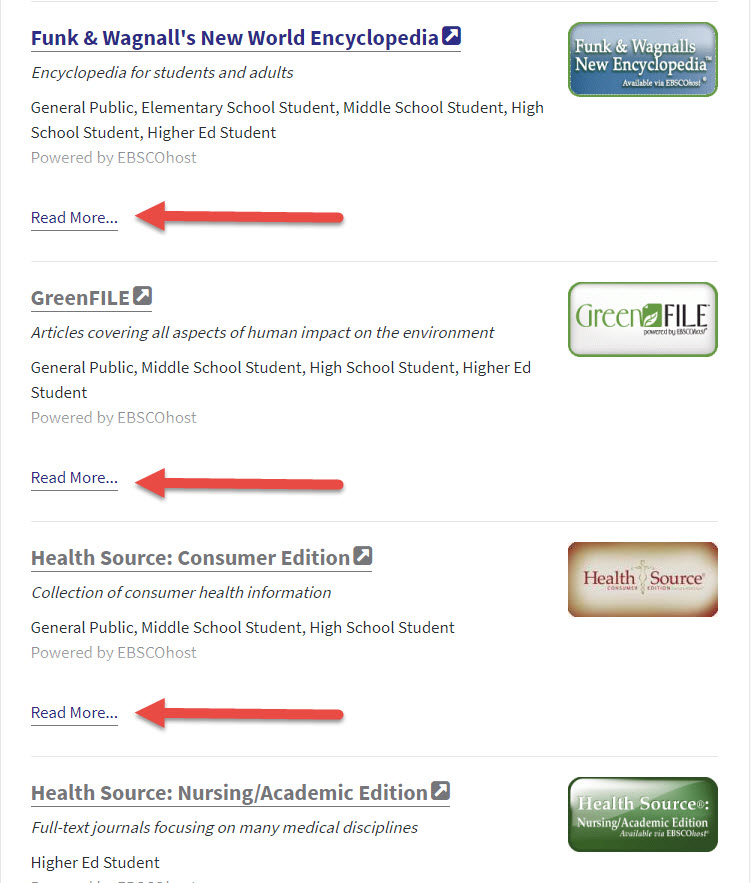Highlights of BadgerLink Website
Many libraries link directly to BadgerLink resources from their website, rather than sharing the BadgerLink website with students and patrons. The BadgerLink team encourages you to do so and thanks you for your support of BadgerLink! We also want to take this opportunity to remind you of a few links and resources available on the BadgerLink website that may have been missed.
Many popular magazines with full text articles are available in BadgerLink at https://badgerlink.dpi.wi.gov/popular-magazines. We recently added a few new titles upon upgrading to MasterFILE Complete this past summer. These include AllRecipes, Better Homes & Gardens, Eating Well, Martha Stewart Living, Midwest Living, and Motor Trend, among others.
In addition, EBSCO’s Multimedia Search provides access to EBSCO’s Image Collection, Medical Image Collection, Literary Image Collection, Science Video Collection, Medical Video and Animations, and Video Encyclopedia of the 20th Century. These collections Include more than 10,000 videos and almost a million images.

Each database available through BadgerLink has a webpage devoted to the resource, with a description of the resource, and many also include training tutorials and info sheets. Simply click Read More under each resource when on the Browse Resources page to view.
The BadgerLink team is presenting a session on providing access to BadgerLink resources through your website and classroom tools at the WEMTA conference on April 2. Come join us to hear more about how you can easily share these resources at your school!
Contact us at dpibadgerli@dpi.wi.gov with questions or for more information on using BadgerLink.
Written by Jen Champoux, Resources for Libraries and Lifelong Learning